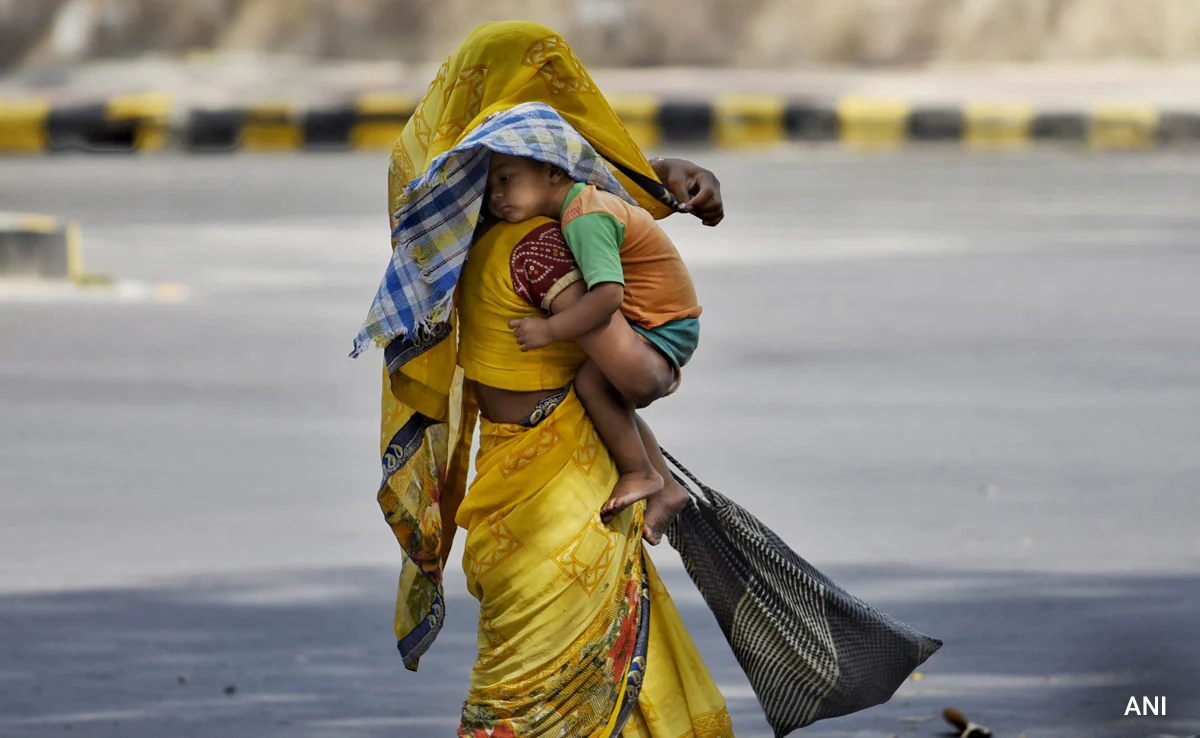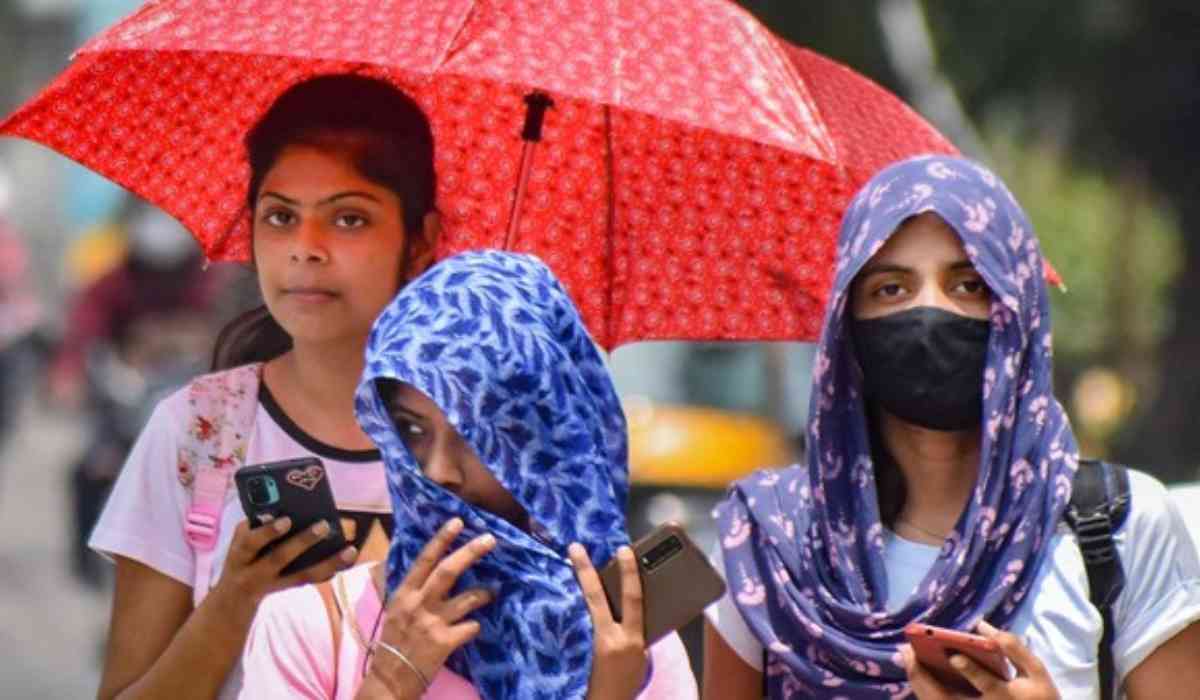With the unexpected shift in weather, practically everyone has felt the brutal warmth of the heatwave. The cold days of winter have passed, and with the heat setting in, now is the time to start making summer preparations. However, navigating the heatwave can be challenging. It can be difficult at times, especially for people who work outside all day, to deal with sweaty skin and constant weariness.

What is a Heat Wave?
When temperatures in an area are noticeably higher than the historical norm for a prolonged period—typically many days or even weeks—it is called a heatwave. Many variables, including air pollution, urbanization, and climate change, frequently make these occurrences worse.
Heatwaves are more than just uncomfortable; they can offer serious health hazards, particularly to vulnerable groups including the elderly, children, and those with pre-existing health disorders. The combination of high temperatures and humidity can cause heat-related disorders such as heat exhaustion, heatstroke, and dehydration, which can be fatal if not treated immediately.
Impacts of Heatwaves
- Health Impact: As a result of an increase in hospital admissions for heat-related ailments, heatwaves can put pressure on the healthcare system. People with long-term medical issues, the elderly, and newborns are especially vulnerable to heat stress.

- Economic Impacts: During heatwaves, businesses in the construction, outdoor recreation, and agriculture sectors suffer. Economic losses may arise from decreased output, livestock mortality, and crop failures. Furthermore, a rise in the energy required for cooling can put a strain on power systems and cause brownouts or blackouts.
- Environmental Impacts: Heatwaves can worsen air and water pollution. Elevated temperatures play a role in the creation of ground-level ozone, a dangerous air contaminant that exacerbates respiratory ailments. In addition, heat stress can destroy ecosystems and result in fish kills, especially in water bodies where water quality is already impaired.
Measures to beat the heat
- Stay Hydrated: Drink plenty of water even if you aren't thirsty. Avoid alcoholic and caffeinated beverages, as these might lead to dehydration.
- Stay Cool: Spend time in air-conditioned environments or use fans to circulate air. If you don't have air conditioning, think about going to public spaces during the warmest times of the day, such as malls or libraries.

- Dress Suitably: Put on breezy, loose-fitting clothes composed of cotton or other breathable materials. Light-colored clothing helps to keep your body cooler by reflecting sunlight.
- Limit outdoor pursuits: Reduce the amount of time you spend outside, especially in the heat (usually between 10 a.m. and 4 p.m.). If you must be outside, stop frequently to rest in cool, areas with proper shade.
- Check on Vulnerable Individuals: Be mindful of your elderly neighbors, small children, and those suffering from long-term medical conditions. Help them out and make sure they have access to plenty of fluids and cool places.
- Never leave your pets or kids in the car: Within minutes, the temperature inside a parked car can reach deadly heights, which can result in heatstroke and even death. Never, even for a few while, leave kids or pets alone in a car.

- Use Sun Protection: To shield your skin and eyes from damaging UV rays, apply sunscreen with a high SPF rating and cover up with sunglasses and a wide-brimmed hat.
Climate change is increasing the frequency and severity of heat waves, emphasizing the significance of preparedness and resistance. Individuals and communities can lessen the effects of heatwaves while also protecting public health and well-being by understanding the risks connected with severe heat and taking proactive efforts to be safe. During times of intense heat, small changes can have a big impact, including drinking plenty of water and finding shade. Building more resilient communities requires our combined efforts to manage heat-related risks as we continue to meet the challenges posed by a changing climate.
(Image Source: Multiple Agencies)
Ⓒ Copyright 2024. All Rights Reserved Powered by Vygr Media.




















